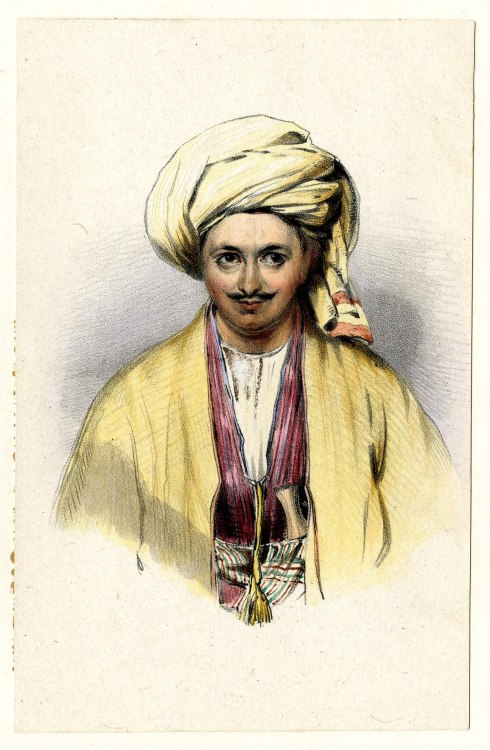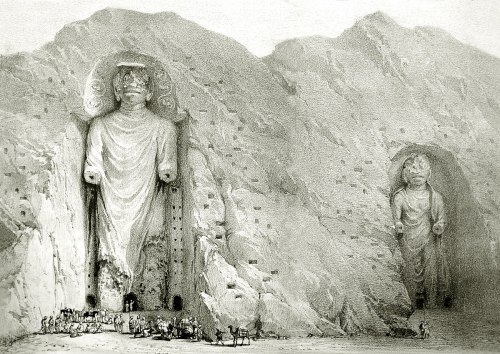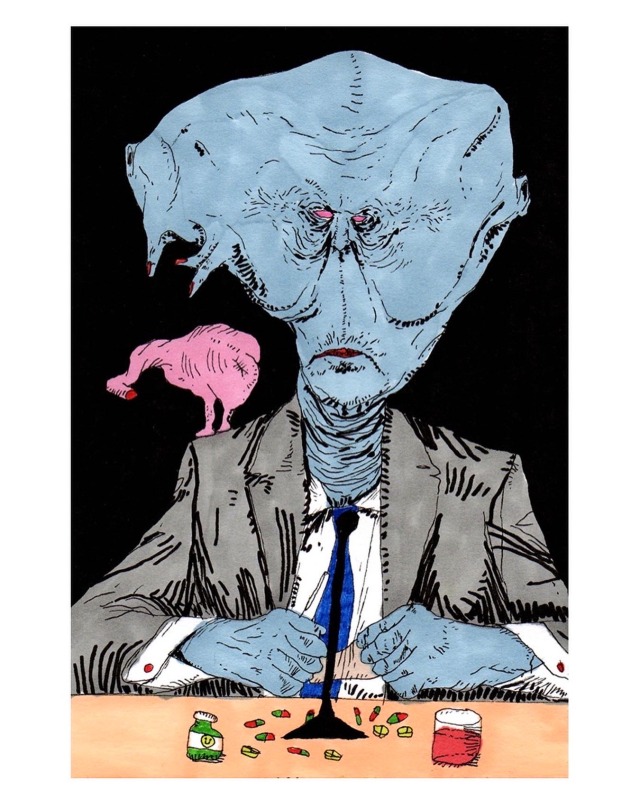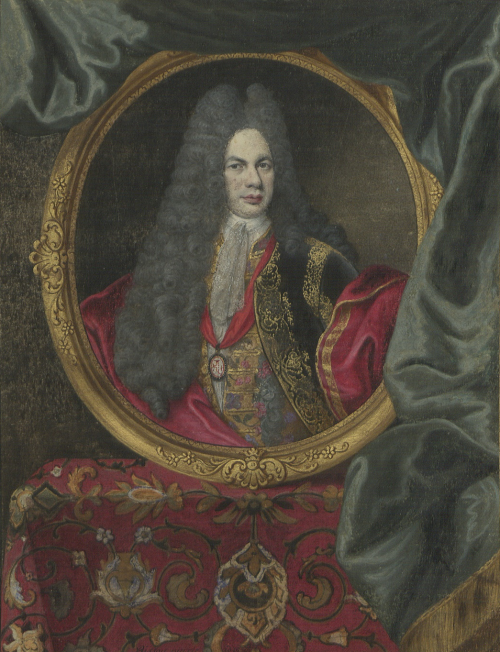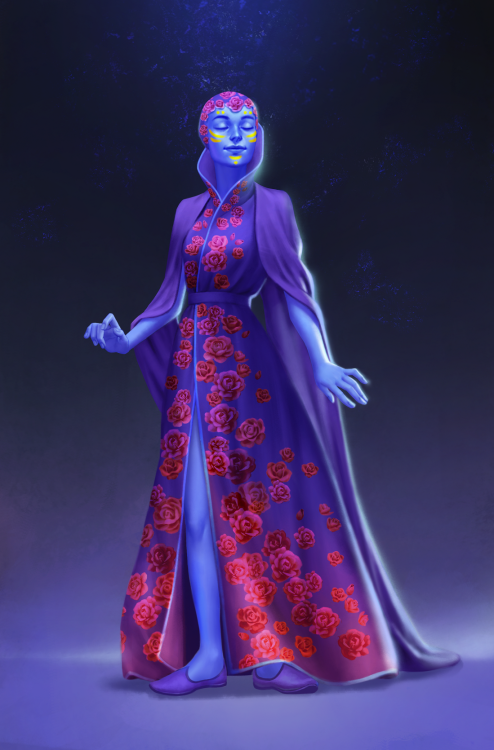#diplomat
May 16th 1805 saw the birth of Scottish explorer, military officer, and diplomat Alexander Burnes.
Burnes was the poet Robert Burns cousin, note the spelling, Rabbies father, William also bore the name Burnes, Rabbie himself favoured dropping the “E”.
Now I don’t like delving into the history and politics of other countries, but this to me is a reminder that the problems in the middle east are long standing and interference in the region is long standing.
Alexander was the epitome of a nineteenth century adventurer cum dandy – dashing, intelligent and courageous.
In 1831, the British government in Delhi ordered a survey of the Indus River, unchartered since the time of Alexander the Great. The man they entrusted this mission to was Alexander Burnes. A journey of over 1,000 miles, Burnes, a natural linguist, charmed the usually antagonistic tribal leaders he came upon, and eventually reached Lahore, his reputation greatly enhanced.
His next adventure took him to Afghanistan, dressed as a native having discarded, in his words, ‘the useless paraphernalia of civilisation; we threw away all our European clothes" So he looked the part.
Burnes returned to England in 1833, where he was granted an audience with the king, William IV, and the Prime Minister. The daring young bachelor was the toast of London. His account of his adventures, Travels into Bokhara, being an Account of a Journey from India to Cabool, Tartary and Persia, sold a thousand copies on its first day of publication and made Burnes a tidy sum.
Meanwhile, the British government was making plans to dispose Dost Mohammed, the Afghan ruler, and replace him with Shah Shuja, an unpopular, former Amir, but one they considered had the advantage of being pro-British. Burnes had met Dost Mohammed in Cabool (sic) and liked him. He tried to persuade Lord Palmerston, Britain’s foreign secretary, that Shah Shuja, now living at Britain’s expense in India, was disliked by the Afghan people and lacked ‘sufficient energy’ and tact to rule Afghanistan effectively. But Palmerston dismissed Burnes’s concerns and gave the proposal his full backing. In late 1838, 10,000 British soldiers, 6,000 soldiers loyal to Shah Shuja, 38,000 camp followers and 30,000 camels marched into Afghanistan. Alongside them, the pretender to the throne and the disgruntled Scot.
As the convoy approached Kabul, Dost Mohammed fled. The British entered the city unopposed, placed Shah Shuja on the throne and congratulated themselves on a job well done. Having sent most of the army back to India, the remainder settled down to a life of indolence and luxury, living in a fortified compound just outside the city.
Alexander Burnes, now Sir Alexander Burnes, took up residence in Kabul and, despite his reservations about the new Amir, enjoyed life, indulging in a campaign of womanizing that infuriated the local men.
The Afghans’ growing resentment of Shah Shuja and Britain’s occupation finally erupted three years later. A crowd descended on Burnes’s residence, many of them husbands and fathers of Burnes’s numerous conquests. His servants urged him to leave but Burnes, in the words of his servant, was ‘quite sure the Afghans would never injure him’.
But they did. They set fire to Burnes’s house while the Scot shouted abuse at them. Finally realizing this was no idle protest, Burnes donned his turban and gown and tried to make his exit, accompanied by his brother. But both men were soon caught and, along with a number of servants, were hacked to death in a frenzied attack.
Two months later, the British garrison, having lost control of Kabul, attempted an evacuation to Jalalabad, ninety miles to the east. 16,000 British and Indian soldiers and camp followers embarked on the ‘Retreat from Kabul’. Only one Briton plus a handful of others survived the ordeal. The rest were all slaughtered by marauding Afghan tribes.
The tragedy was of Britain’s making but it caused profound shock in Victorian Britain.
If only they had listened to the dandy Scot in the turban.
The last pic is interesting, it is a drawing by our subject, of The Buddhas of Bamiyan, the one on the left was some 55 metres tall. Sadly, on orders from Taliban founder Mullah Omar, the statues were destroyed in March 2001, after the Taliban government declared that they were idols. International and local opinion strongly condemned the destruction of the Buddhas.
Read a first-hand report of his death in this Spectator artcile from 8942http://archive.spectator.co.uk/…/12…/14/sir-alexander-burnes
Post link
Illuminated portrait of diplomat D. Luís da Cunha (1662–1749) — Unknown artist, 1715 (National Library of Portugal)
Post link
Portrait of writer José Maria de Eça de Queirós (1845–1900) — Carlos Alberto Santos, 2000 (private collection)
Post link
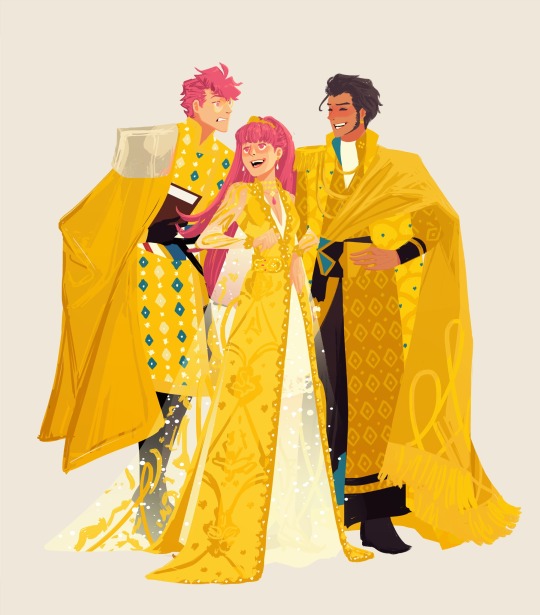
I’m more of a fan of Hilda and Claude’s friendship but I also really like the ship? I just wanted to quickly design my take on Almyran clothing and paint them in yellow (and Claude smiling with his eyes )
Henrikbefore the war,before the war p2, during the war
Henrik’s ending (Verdant Wind)
After the war, Henrik worked toward abolishing discrimination, prejudice, and setting the foundation for the full reformation of many oudated systems in a United Fodlan. Years later, after Khalid ascended the throne in Almyra, Henrik became a Diplomat and they improved relations between the two countries. Henrik dedicated his life to building a free society where all are welcome. Although he never married, his published books of love poems made it clear to everyone that he loved greatly and truly.

